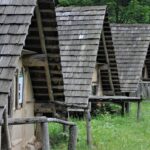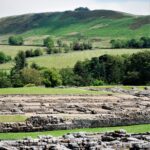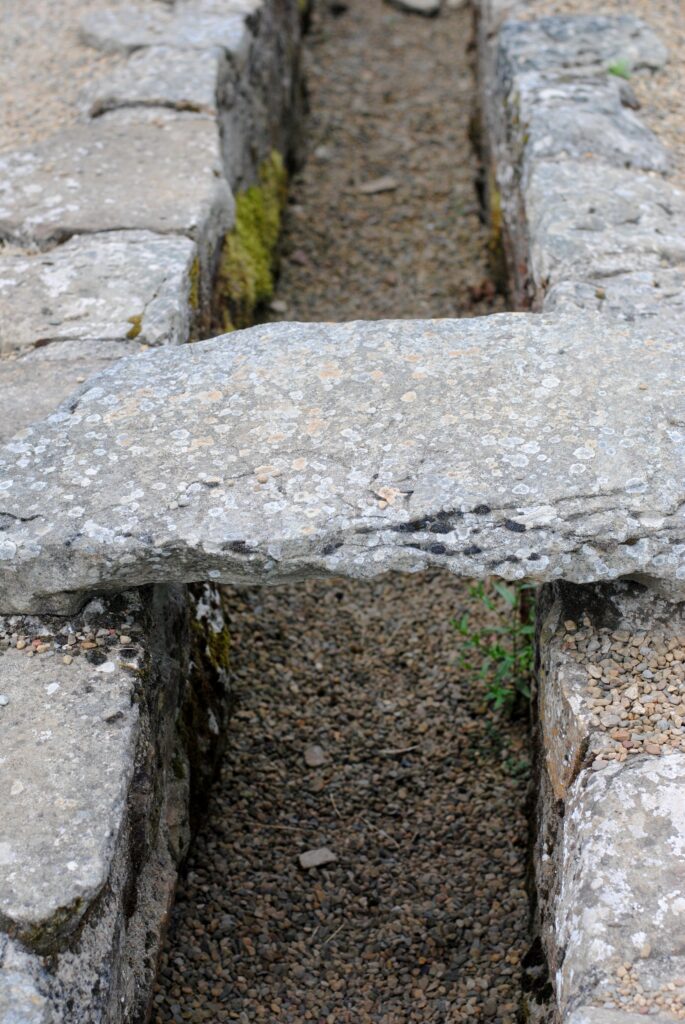Should we bother?
I suppose this is tough for me to answer objectively, as I would be screaming, “yes!” But then, I love history. I am fascinated with the past, so maybe I’m not very objective. Admittedly, I am more interested in some periods than others, but I suppose that should be the topic of another post. So, I decided to break it down and determine why I feel it is essential.

– Find what interests you. Memorizing names and dates is boring. I’ll admit it. But are there periods or areas which pique your

curiosity? For example, I am fascinated with the ancient Celts—my husband with World War II. I enjoy items from everyday life to understand how people lived. One friend enjoys the industrial revolution and the inventions we use today. Another is interested in clothing through the years, another in food, and another in warfare. There are many ways to enjoy history. What are you curious about?
– History is full of mysteries and secrets. There are so many things we don’t know. Imagine the archaeologist finding a fragment of pottery. What was it? How was it used? Or what is the story behind the remains of a ten-year-old girl found in the Roman ruins at Vindolanda? It isn’t hard to find many such examples.
– To learn to have the facts straight. Not long ago, I overheard a woman say that Mason & Dixon were those guys that decided which states were in the north and which were in the south during the Civil War! After studying those two men, I believe they would roll over in their graves if they heard that.

– A better understanding of ourselves. How did we get to be who we are? As a descendant of European immigrants, my ancestors differed from the Native Americans who lived in the same area, which differed from the slaves brought over from Africa. Each one has a story to tell if you listen. And in doing so, we find we are not that different after all.

– What if things occurred differently? Have you ever wondered what it would be like if events had not played out the way they did? For example, what would life in America be like if the colonists had lost the Revolutionary War?
– Where did that come from? Have you ever wondered about some of the crazy laws still on the books? For example, you cannot pretend to be a religious person in Alabama. So do they perform the Sound of Music there? And in North Carolina, Bingo games can’t last longer than five hours. I’m not sure I could sit still that long, but what is the reasoning behind the law? Are there any odd laws still on the books in your state?

– Learn why wars were fought—this is one I am almost afraid to discuss as each side often has a different point of view. Otherwise, they wouldn’t be fighting, right? As an example, the U.S. Civil War… was it over slavery? Or state’s rights? My husband is a New Yorker, while our children attended school in Virginia. Some rousing conversations came out of those homework discussions!
– Understanding change. Things in the world are changing more rapidly these days than ever before. So, it makes sense to understand the effects of change. Travel by train and later by car had a massive impact on the ability of people and products to move about quicker and easier. The news came by broadsheets, then newspapers, and radio. These days it is at our fingertips. Growing up, we had three channels to receive information at 6 and 10 pm. Compare that will how quickly we get our news today. Is this for the better?
– Decisions. Finally, the last point is pretty obvious. Studying history provides a background for making informed decisions and hopefully allows us to learn from our mistakes so that we are not destined to repeat them.
– But most of all, for me, history is FUN!

